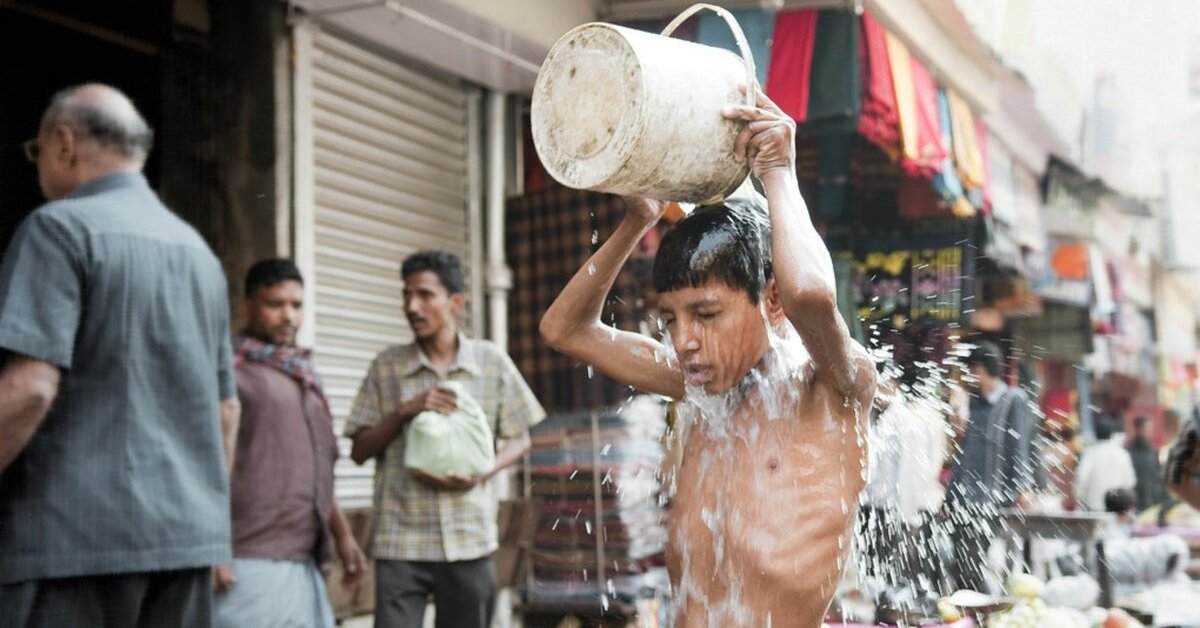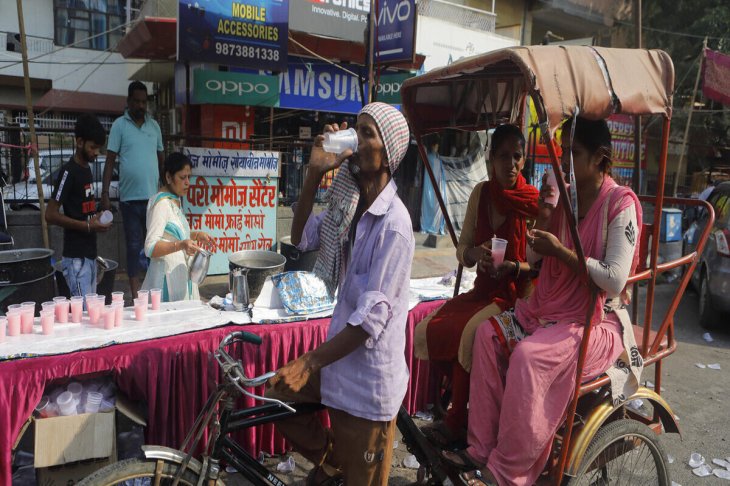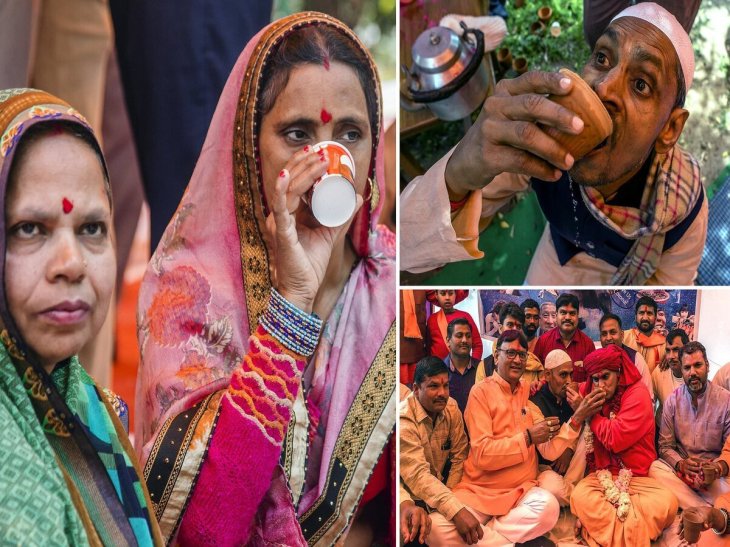65% Of Indians Still Believe That COVID-19 Would Not Affect India Because Of Its Warm Climate
Aadhya Khatri - Mar 23, 2020

As many as 65% of people participated in a survey firmly believed that COVID-19 would not affect India because of its warm weather
- This Man's Super-Antibody Can Be Diluted 10,000 Times But Still Works Against COVID-19
- These Indian Cities Are Under Lockdown Again In 2021
- India To Review Covishield Vaccine After Report Of Blood Clots Following Vaccination
The Indian government is trying hard to raise awareness regarding the novel COVID-19 outbreak that has taken the lives of five people in the country. However, some people still take the disease lightly and shun from practicing recommended preventative measures because they have no access to proper information.
According to a survey recently made public by Josh Talks, as many as 65% of the participants firmly believed that COVID-19 would not affect India as much as other countries because of its warm weather.

Josh Talks asked groups consisting of 45,000 to 40,700 people two questions in Telegu, Malayalam, Hindi, Tamil, and Punjabi regarding the Coronavirus. All of the participants are subscribers of Josh Talks. The purpose of this survey is to judge the level of awareness urban Indians have.
65.1% of the first group said that COVID-19 would not affect India as the temperature of the country is high. This is one of the myths that have been circling around for some time now. While there is no scientific proof to support this claim, it has given a lot of people a false sense of security against this dangerous disease.

The survey also points out that 12.5% of the participants firmly believed COVID-19 only affects people over 60 years old. This is another misconceptions. In reality, several people under 30 have tested positive for the Coronavirus. The disease has even claimed the life of Francisco Garcia, a 21-year-old Spanish football coach.
These following misconceptions are less popular but it does not mean they are not dangerous. 6.1% of the people took part in this survey said that eating chicken or eggs would make people more vulnerable to COVID-19. 5.7% of people said that consuming garlic and cow urine would cure the disease.

The second question was to evaluate how ready people are in fighting the disease and it generated better responses. 76% of 40,700 participants said that we should wear masks while traveling, maintain proper hygiene and avoid going to crowded places. They also said that they would seek doctors’ advice if they have symptoms for more than five days.
While people might know the proper ways to avoid contracting the Coronavirus, which has claimed the lives of over 10,000 people worldwide, misinformation is still running rampant online.
Some respondents believed that consuming amla (Indian gooseberry) and Chavanprash can help buiding your immune system against COVID-19.

The misconception went as far as one of the participant claimed that if one eats a teaspoon of amla in the morning and the evening, one is immune against COVID-19. Some other suggest that we should expose ourselves to sunlight as possible to avoid being injected.
It is important to know, at this point when the Coronavirus is spreading fast in India, that these assumptions and misinformation have no scientific proof to support them, so they are not credible.
The current situation has forced the government to order the Janata curfew. Schools are now conducted online and several people have been asked to work from home.
Misinformation is so dangerous that WHO called it infodemic, claiming that it can be even more dangerous than the pandemic itself.
>>> WHO Joined TikTok To Fight Off Misinformation On The Coronavirus
Featured Stories

Features - Jan 29, 2026
Permanently Deleting Your Instagram Account: A Complete Step-by-Step Tutorial

Features - Jul 01, 2025
What Are The Fastest Passenger Vehicles Ever Created?

Features - Jun 25, 2025
Japan Hydrogen Breakthrough: Scientists Crack the Clean Energy Code with...

ICT News - Jun 25, 2025
AI Intimidation Tactics: CEOs Turn Flawed Technology Into Employee Fear Machine

Review - Jun 25, 2025
Windows 11 Problems: Is Microsoft's "Best" OS Actually Getting Worse?

Features - Jun 22, 2025
Telegram Founder Pavel Durov Plans to Split $14 Billion Fortune Among 106 Children

ICT News - Jun 22, 2025
Neuralink Telepathy Chip Enables Quadriplegic Rob Greiner to Control Games with...

Features - Jun 21, 2025
This Over $100 Bottle Has Nothing But Fresh Air Inside

Features - Jun 18, 2025
Best Mobile VPN Apps for Gaming 2025: Complete Guide

Features - Jun 18, 2025
A Math Formula Tells Us How Long Everything Will Live
Read more

ICT News- Feb 10, 2026
Discord's Teen Safety Sham: Why This Data Leak Magnet Isn't Worth Your Trust Anymore
Cancel your Nitro, export your data, and move on before the next leak hits. Your personal information deserves better.

Mobile- Feb 11, 2026
Top 5 Cheap and Efficient Gaming Phones in 2026
These phones prove you don't need $1000+ for efficient gaming. The RedMagic 11 Air leads for pure power, while POCO options win on value.

Mobile- Feb 12, 2026
What is the Most Powerful Gaming Phone Currently?
The Nubia Red Magic 11 Pro is the undisputed most powerful gaming phone right now, blending record-breaking benchmarks, unbeatable cooling, and gamer-centric design for peak performance that lasts.
Comments
Sort by Newest | Popular